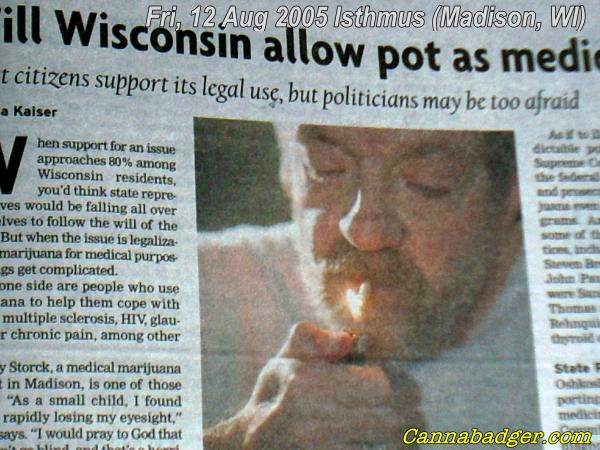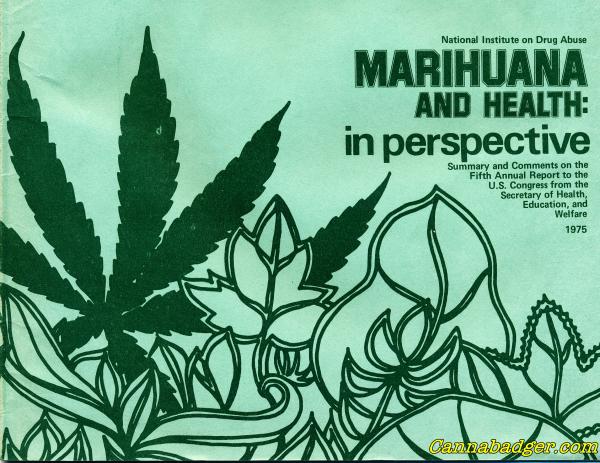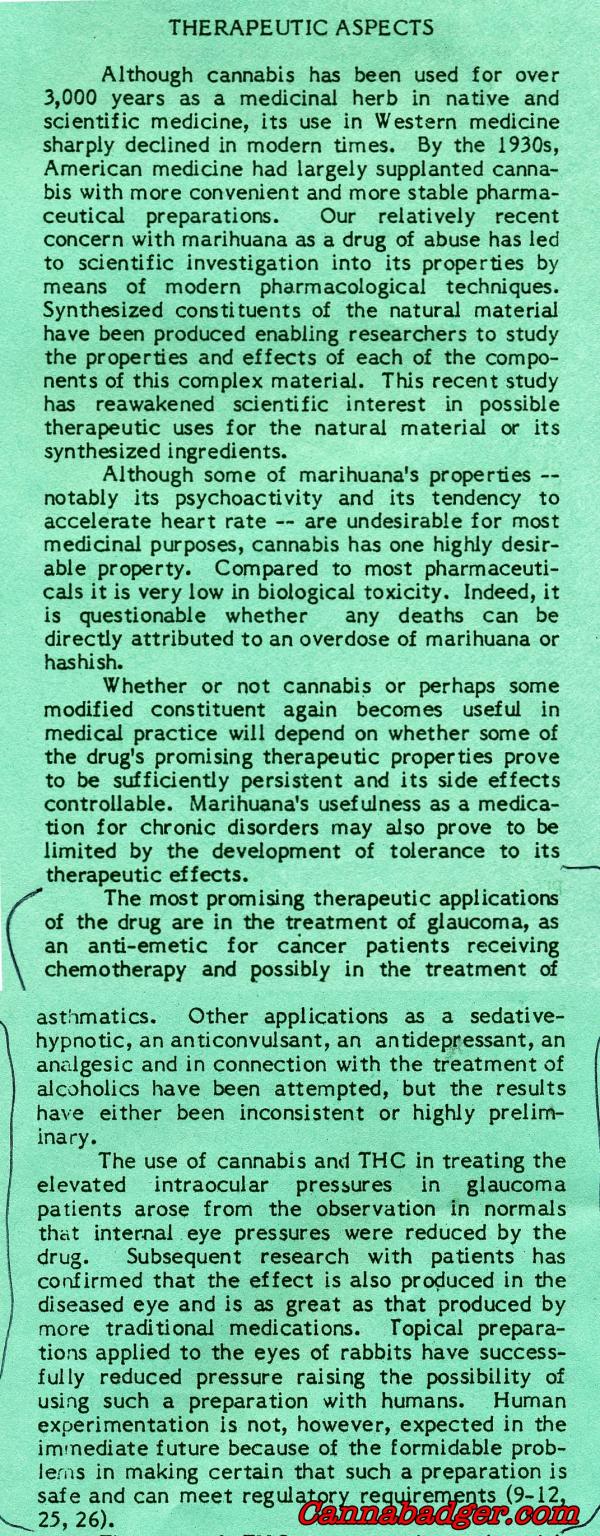This Oct. 3, I'll be marking 50 years as a medical cannabis patient in America, and as a Wisconsin resident, that has meant a half century on the front lines of the war on drugs.
It was on Oct. 3, 1972. I was a 17-year old high school senior born with glaucoma. For 17 years I suffered eye pain and sensitivity and vision loss. Even after diagnosis as a small child, conventional medications were not fully controlling the disease. I'd smoked pot "recreationally" for about a year or so before when I could find some.
I had read news articles about federally-contracted research on cannabis and glaucoma being performed at UCLA that found that smoking pot reduced intraocular pressures. On that day I decided to start my own research, smoking some good marijuana with friends before heading into Milwaukee with my mother for a glaucoma checkup. My eye doctor, who had treated me since I was in single digits, was amazed to find my eye pressures within normal range.
Due to the illegality of cannabis, I was scared to share my cannabis experiment with my longtime doctor. Because of an accident of birth that could be addressed with a natural substance from a plant, I was now in a position where using and obtaining the drug that could save my sight was also a state and federal crime. Yet the research that found that cannabis reduced elevated eye pressures was federally-funded and conducted by UCLA. Before 1937, cannabis had been an approved medication, available at pharmacies. One would think that this would have been resolved in Wisconsin and on a national level long ago. Wisconsin passed a law in 1982 codifying that cannabis treats glaucoma, but no means of supply was established.
A lot has happened with medical pot in the fifty years since that doctor appointment, both personally and in society in general. Today I still use cannabis for glaucoma and to treat other ailments. My doctors are aware. 10, 20, 30, 40, years ago and longer my physicians supported my cannabis use.
My longtime has demonstrated both efficacy and safety. Why can't people like me in Wisconsin have legal access to a medicine long recognized as useful in treating a wide range of conditions?



